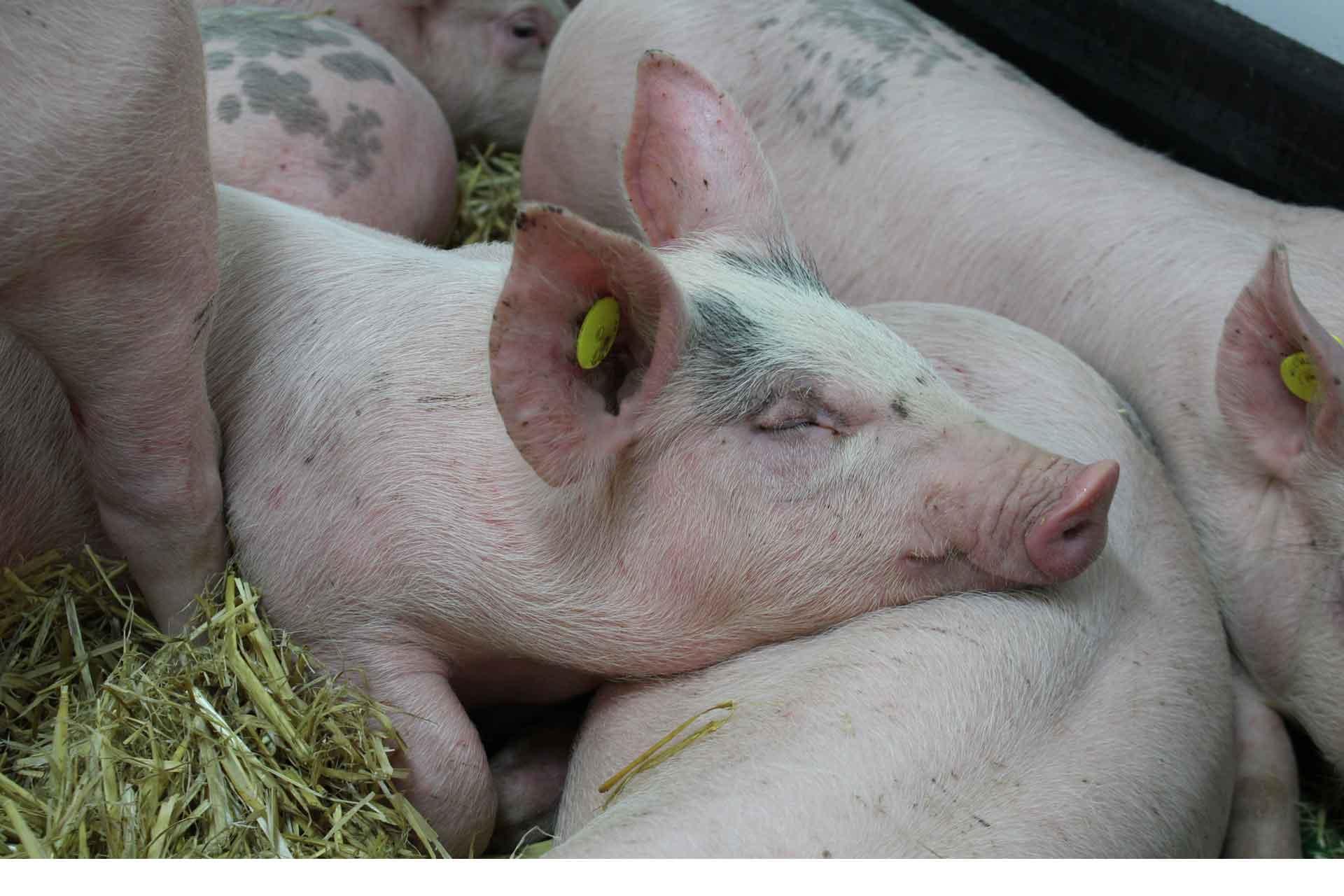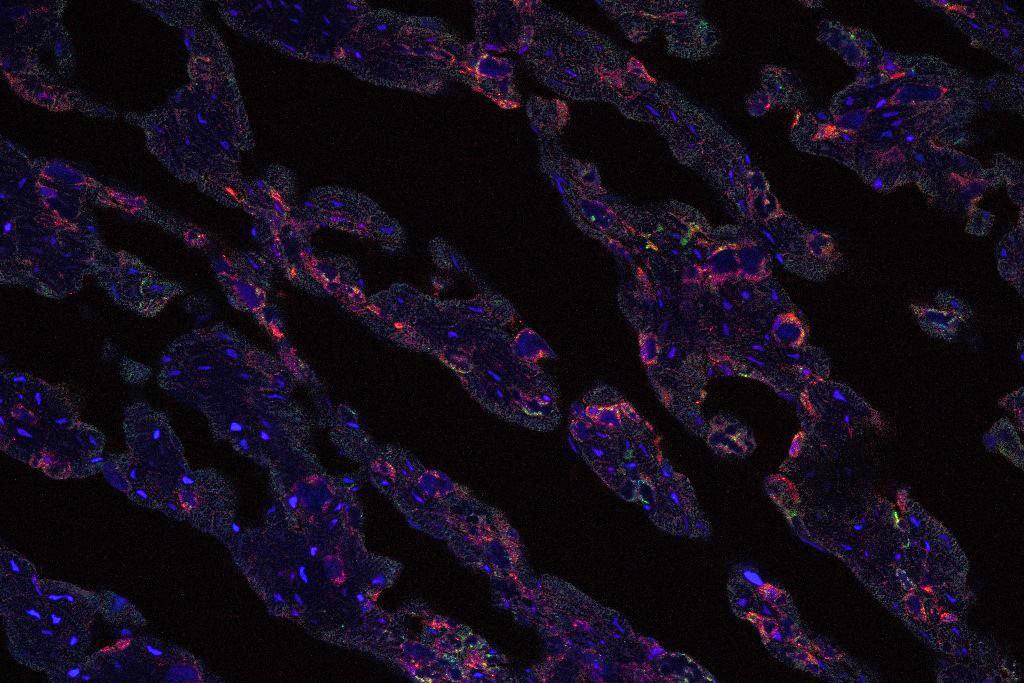Scientists at The Pirbright Institute have successfully developed a novel modified live vaccine candidate for porcine reproductive and respiratory syndrome virus type 1 (PRRSV-1), designed using a centralised immunogen approach.
The research is a step towards achieving broader, more consistent protection against this economically devastating swine disease.
PRRSV-1 is noted for its rapid evolution and genetic diversity, posing major challenges for effective vaccine development.
Traditional vaccines often struggle to confer cross-protection against heterologous strains, resulting in persistent outbreaks and substantial economic losses in the global pork industry.
Writing in npj Vaccines, Pirbright researchers, together with colleagues at the UK Animal and Plant Health Agency, show how they engineered a centralised immunogen - a computationally derived, consensus-based virus strain that incorporates conserved antigenic features representative of the wider PRRSV-1 population.
This centralised backbone was then used to develop a modified live virus (MLV) candidate that demonstrated promising cross-reactive immune responses in clinical studies.
Professor Simon Graham, Group leader in Porcine Reproductive and Respiratory Syndrome (PRRS) Immunology at The Pirbright Institute, said: “Our centralised immunogen approach aims to overcome the strain-specific limitations of current vaccines. By designing a more broadly representative viral genome, we’re creating a vaccine that trains the immune system to recognize a wider array of PRRSV-1 variants.”
Initial trials in pigs have shown the candidate to be both immunogenic and safe, eliciting robust neutralizing antibody responses and cross-protection against genetically diverse field strains of PRRSV-1. Further evaluations of the safety and efficacy of the vaccine candidate are currently underway.
Professor Simon Graham added: “Our work is a step forward in the global effort to reduce the burden of PRRS and the potential to improve animal health, farm productivity, and ultimately the sustainability of pig farming systems.”
The centralised immunogen vaccine platform also lays the groundwork for similar strategies against other highly variable livestock and zoonotic pathogens.
Read the paper
de Brito, R.C.F., Sadigh, Y., Bowman, J. et al. (2025) A centralised immunogen approach to develop a more broadly protective modified live porcine reproductive and respiratory syndrome virus 1 vaccine candidate. npj Vaccines 10, 129 https://doi.org/10.1038/s41541-025-01192-z

